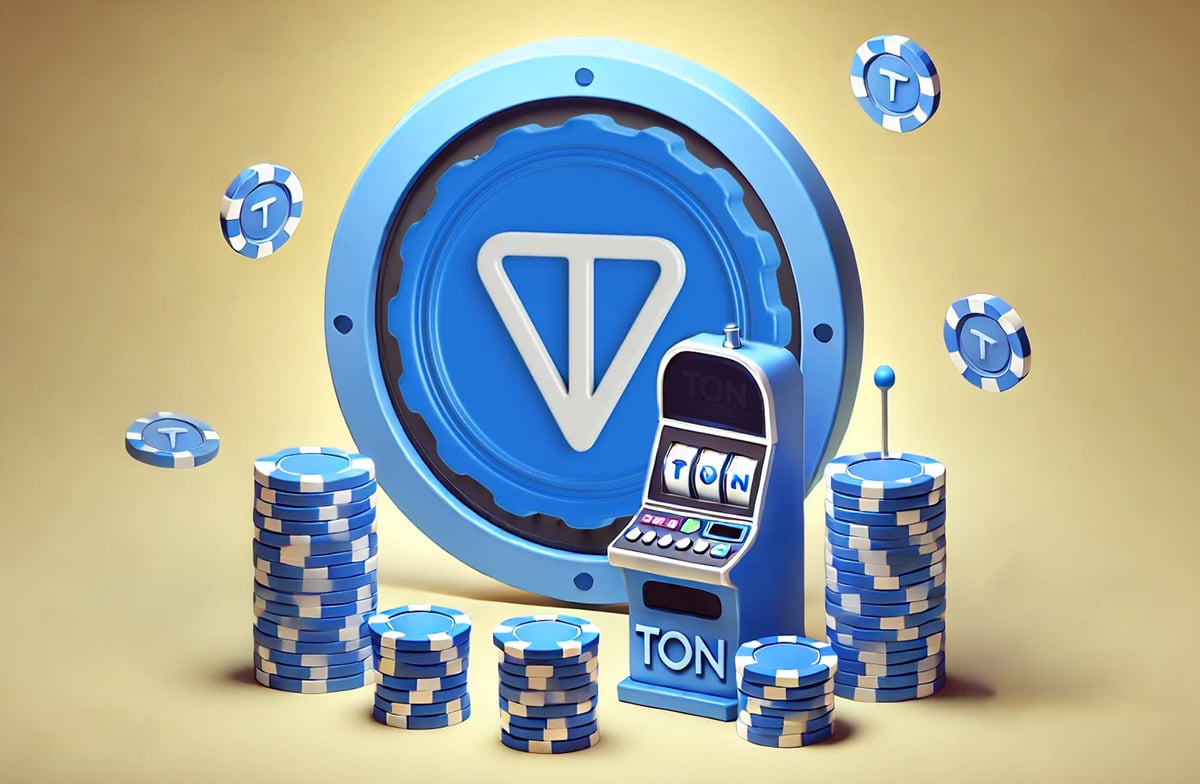The allure of real money casinos is undeniable. The excitement of placing a bet, the thrill of spinning the reels on a slot machine, and the possibility of hitting a jackpot can be captivating. However, as enticing as these experiences may be, it is essential to ask: Are these platforms safe? Understanding the regulations that govern real money casinos is crucial for ensuring a secure gaming experience.
The Emergence of Online Gambling
The online gambling industry has experienced exponential growth in recent years, especially following the COVID-19 pandemic, which pushed more players toward digital platforms. While the convenience of playing from the comfort of one’s home is appealing, it also raises concerns about the safety, legality, and fairness of these casinos.
Regulation and Licensing
The foremost factor in determining the safety of real money casinos is regulatory oversight. Legitimate online casinos operate under licenses issued by specific regulatory bodies, which vary by country and region. Some of the most recognized regulators include:
-
United Kingdom Gambling Commission (UKGC): The UKGC is known for strict regulations, ensuring that operators adhere to high standards of fair play and responsible gambling. Licensed casinos must demonstrate transparency in their operations and provide resources for players needing support.
-
Malta Gaming Authority (MGA): The MGA represents one of the most respected gaming authorities in Europe. It regulates a significant number of online casinos, ensuring they comply with rules designed to protect players and promote fair gaming.
-
New Jersey Division of Gaming Enforcement (DGE): As one of the most pioneering states in regulating online gambling in the U.S., the DGE ensures that casinos offering services in New Jersey are operating lawfully and fairly.
- Kahnawake Gaming Commission: Based in Canada, this organization regulates several online gaming operators and is known for ensuring compliance with its strict standards.
Before engaging with an online casino, players should check for licensing information, typically located at the bottom of the casino’s homepage. A reputable casino will proudly display its license details and the authority that issued it.
Fair Gaming Practices
In addition to licensing, another essential aspect of online casino safety involves fair gaming practices. Reputable casinos utilize Random Number Generators (RNG) to determine game outcomes, ensuring that results are random and not manipulated. Third-party auditors, such as eCOGRA (eCommerce and Online Gaming Regulation and Assurance), frequently evaluate and certify these systems.
Furthermore, many casinos engage in partnerships with well-known software providers (like Microgaming, NetEnt, or Playtech) that have established credibility in the gaming industry. These partnerships typically guarantee the integrity and fairness of the games.
Responsible Gambling Measures
Another layer of safety provided by regulated online casinos revolves around responsible gambling measures. Trusted platforms incorporate tools that help players manage their gambling habits, such as deposit limits, loss limits, and self-exclusion options. The presence of these measures signals a player’s commitment to safety and welfare.
Additionally, many licensed casinos provide access to resources that allow individuals to seek support for gambling-related issues. These resources often include links to counseling services, helplines, and organizations that specialize in gambling addiction.
Data Protection
In today’s digital age, concerns around data security are paramount. Licensed online casinos invest significantly in advanced encryption technologies, such as SSL (Secure Socket Layer), to safeguard player information. This encryption ensures that personal and financial data transmitted between players and the casino remains confidential.
Players should always look for casinos that commit to data protection and are transparent about their privacy policies. This transparency ensures players understand how their information is used and what measures are in place to protect it.
Conclusion
Engaging with real money casinos can be a safe and enjoyable experience, provided players are informed and cautious. By understanding the regulations behind these platforms—licensing, fair gaming practices, responsible gambling measures, and data protection—players can make informed decisions about where to spend their money.
Ultimately, the onus is on players to prioritize their safety. By selecting licensed and regulated online casinos, employing responsible gambling practices, and remaining vigilant about their online security, players can enjoy the thrill of gaming knowledgeably and safely.



